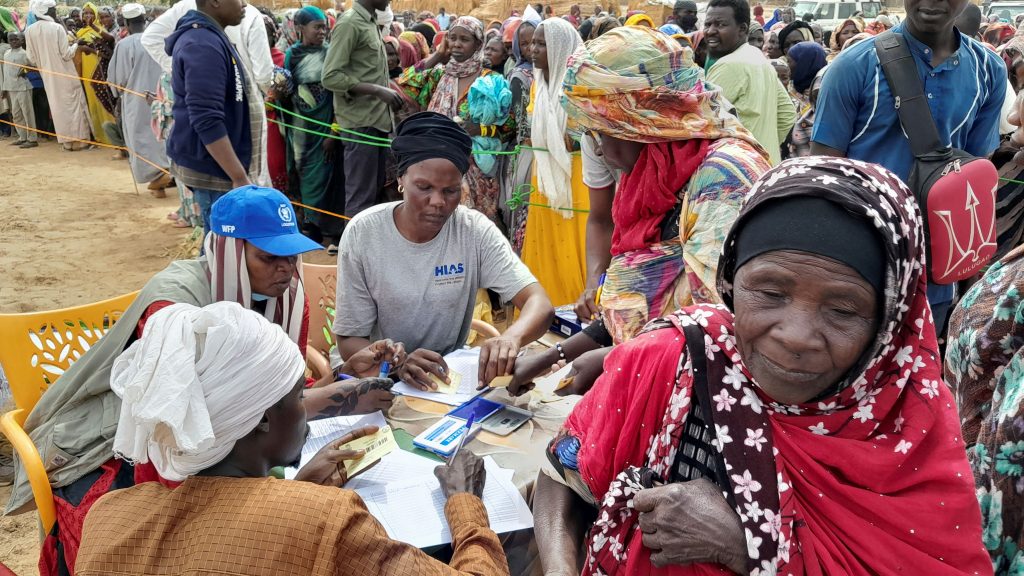
An urgent health crisis is unfolding in Sudan and Chad, where cholera is ravaging hundreds of thousands of refugees already battered by war and famine.
Overcrowded camps, limited access to clean water, and inadequate healthcare systems have created a perfect storm, turning the epidemic into a looming humanitarian catastrophe.
Sudan, embroiled in a brutal conflict between the Sudanese army and the Rapid Support Forces (RSF) for over two years, now faces what the United Nations calls the world’s largest humanitarian emergency.
With destroyed infrastructure, scarce clean water, and overwhelmed medical facilities, more than 100,000 cholera cases have been reported since July 2024, compounding an already desperate situation.
Across the border, the Iridimi refugee camp in Chad starkly highlights the severity of the crisis.
Home to thousands of displaced people, mainly from Darfur, the camp suffers from insufficient sanitation and clean water, conditions that accelerate cholera’s deadly spread.
The UN Refugee Agency (UNHCR) has confirmed 264 cases and 12 deaths in Iridimi alone, prompting a temporary halt in refugee relocations to help contain the outbreak.
Cholera is a fast-moving, highly contagious waterborne disease transmitted through contaminated food or water. It causes acute diarrhoea and rapid dehydration, which can be fatal within hours if untreated. In the cramped camps, each infection poses a grave risk of further transmission.
Patrice Ahouansou, UNHCR’s chief coordinator for eastern Chad, warns that without swift action, up to 230,000 refugees could be vulnerable to the disease. Yet, ongoing conflict, mass displacement, and food insecurity make mobilizing essential resources an immense challenge.
As the epidemic intensifies, urgent international support and coordinated response efforts are critical to averting a full-scale humanitarian disaster in this volatile region.



